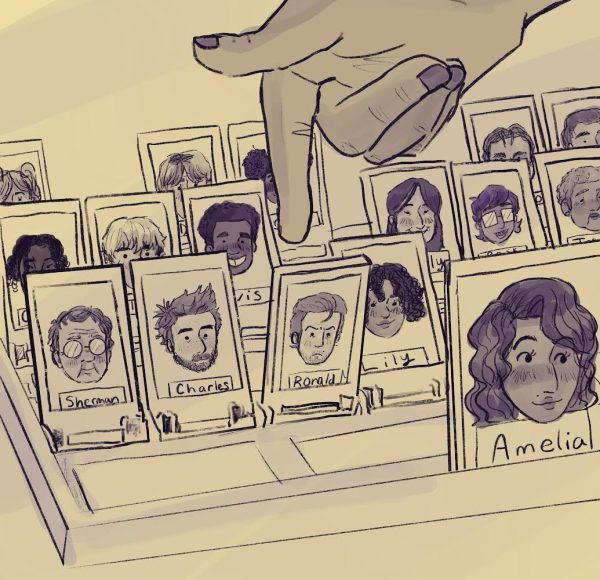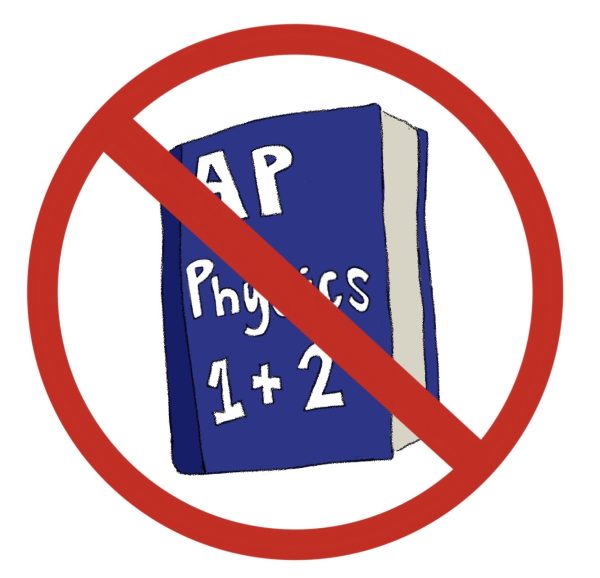Are you a good person?
Theology I, Mission of Jesus Christ, Dominican Spirituality, Morality, and Sacraments. These are the theology classes required at Fenwick, most of which seem self explanatory by name. But what exactly is morality, and how does one know if they are living a morally good life?
“Morality,” according to Br. Trout, one of the class’s teachers here at Fenwick, “is the study of how to be oneself well.” When most people think about the concept of morality, they automatically assume it has to do with big social questions and over complicating underlying themes. However, morality really comes down to understanding oneself so one is able to live in the best way possible, ideally a way that constitutes happiness. Morality classes at Fenwick have always been part of the curriculum as they teach students the importance of knowing oneself and how one’s
actions impact the world around them. “Morality is not simply about ideas,” explains Br. Trout, “but the whole point of those ideas is to analyze our own experience and our own existence.” Analysis of our own selves allows us to ask questions that go beyond the surface such as whether or not something is worth it or how we should navigate certain aspects of life. But how exactly can, or should, we analyze ourselves? “You can do it like a science lab,” says Br. Trout, “where you can actually step back and ask, ‘Is this working?’. However, he explains, this approach takes a certain degree of open-mindedness as people have a tendency to convince themselves that the answer to this question is always “yes.” “You have to have enough self-confidence that you can evaluate yourself, but then you also have to have enough self-doubt that you can know that you might be lying to yourself,” says Br. Trout. It is important that when evaluating ourselves we are doing so as openly as possible so as to get an accurate picture of our lives, and to catch ourselves should we be automatically saying “yes” instead of making an assessment. There is real value in a morality class which is part of the reason Fenwick requires one. When people hear of morality class at Fenwick, they sometimes question its place in a religion curriculum and how it aligns with the religious values of the school. “The Catholic Church doesn’t espouse exactly one moral theory,” explains Br. Trout. “It has certain claims about reality…but, in fact, there are lots of different approaches to morality than the Church has employed.” It seems that the Church tends to focus on the moral teachings of St. Thomas Aquinas, a Dominican scholar, but there isn’t one set moral method the Church adopts. Br. Trout reminds us that Catholicism is about God and our relationship with God first, morality a secondary piece that fits in by questioning how this relationship is.
Morality is about more than diving right into questions that seem too big to tackle. At its root, morality is about evaluating our own lives to make sure we are living good lives in harmony with God that will ultimately lead to happiness. To put things in perspective, Br. Trout explains that the top value of Catholic morality is, “the desire to bring goodness into the world, specifically where it is the hardest to do that.” When we think about being moral people, we must remember that it is our mission to imitate Christ on earth. Taking the time to step back and evaluate ourselves will allow
us to ensure,” as Br. Trout puts it, “that we are loving as Christ loved, [because] that’s the greatest source of happiness according to Catholic tradition.”





